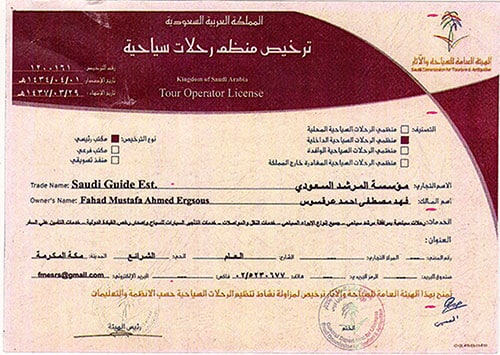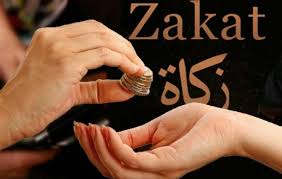Muharram is the very first month of Islamic calendar that refers to “forbidden”. Though the…
What is the significance of Zakat in Islam?
According to the Quran ranking, Zakat is the third most important pillar of Islam after Salah. Hajj is the 5th pillar. Zakah circulates money, develops a sense of sacrifice, and helps in developing the society.
The entire Muslims that meet the wealth criteria are required to pay Zakat. Being among the five pillars of Islam, Zakat is mandatory rather than a Sunnah and thus, every Muslim is needed to pay a certain amount of their yearly earnings. Generally, Zakah is paid as per the 2.5% of earnings but the scholars have diverse opinions regarding the same. The amount of Zakah is given to the Zakah collectors and the same is preceded to the poor and needy Muslims. Though Zakah can be either calculated utilizing the gold or silver, Scholars suggest paying the same as per the silver because a large number of people can pay Zakah using silver which can further assist thousands of poor and needy.
The major reason for why Zakat is implemented in Islam is that it purifies one’s way of earning and wealth. As per the famous Hadiths, Salah purifies one’s body and soul, Hajj eliminates the pilgrims sins, similarly, Zakah purifies ownership. Although Zakat can be paid to any poor person, Quran specified 8 groups of people that deserves to collect Zakah including Mullafatul Quloob (the poor people that convert their religion into Islam), Ar-Riqaab (to free the slaves from captivity), Ibnus Sabeel (a traveler that require financial aid), Al Ghaarimeen (a debtor who cannot repay the loan), and Fi Sabeelillah (one who is away from home to follow the pious path of Allah).
There are various restrictions associated with Zakah. For instance, Zakat cannot be paid to the wife, relatives, or family members. Moreover, the same can only be paid during the Islamic month of mercy i.e., in Ramadan.



















